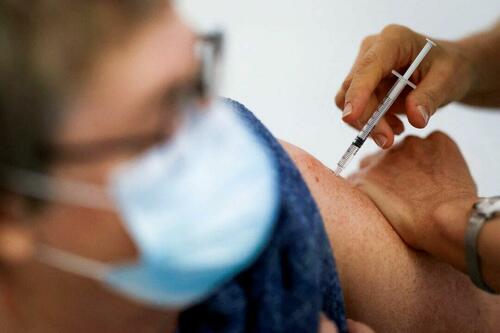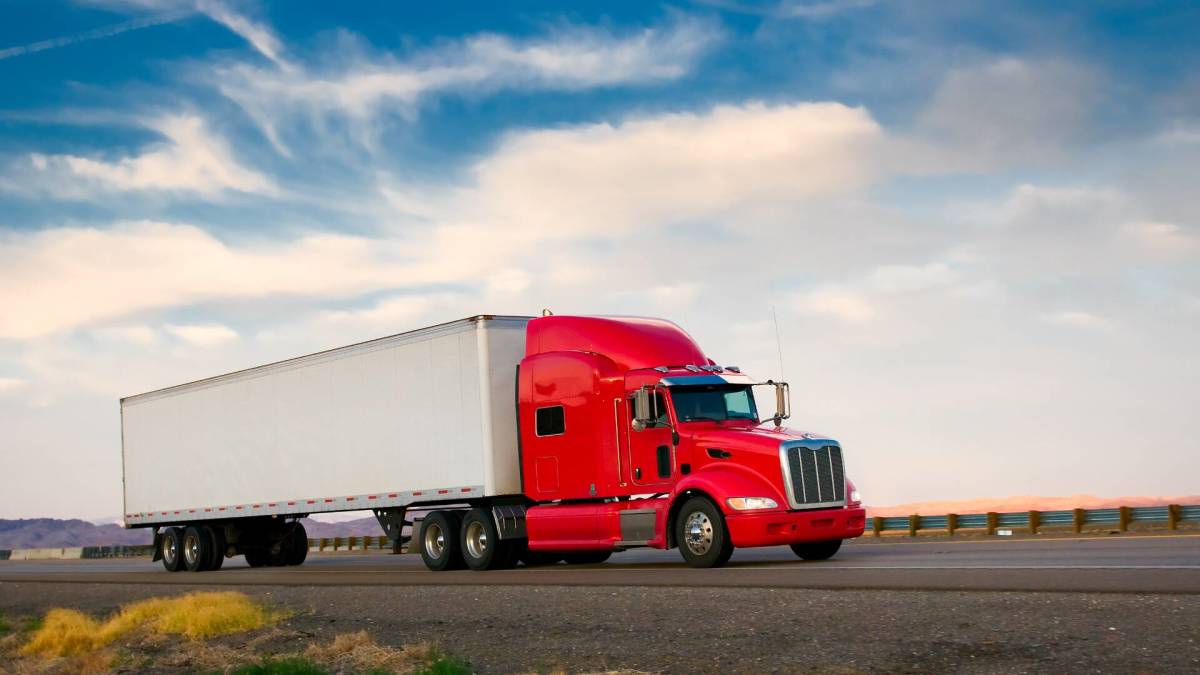WEST LAFAYETTE, Ind. – A new therapy for influenza virus infections that may also prove effective against many other pathogenic virus infections, including HIV and COVID-19, has been developed by Purdue University scientists.
In an average year, more than 2 million people in the United States are hospitalized with the flu, and 30,000 to 80,000 of them die from the flu or related complications.
The Purdue team’s work is detailed in Nature Communications and uses a targeted therapy approach against the virus infections.
“We target all of the antiviral drugs we develop specifically to virus-infected cells,” said Philip S. Low, the Purdue Ralph C. Corley Distinguished Professor of Chemistry. “That way, we treat the diseased cells without harming healthy cells. We use this capability to deliver immune-activating drugs selectively into flu-infected cells. There is also the potential that this therapy will prove efficacious in people infected with COVID-19.”
The flu virus, like many other pathogenic viruses, exports its proteins into its host cell surface and then buds off nascent viruses in the process of spreading to adjacent host cells. Because these exported viral proteins are not present in the membranes of healthy host cells, the Purdue team has exploited the presence of viral proteins in infected cells by designing homing molecules that target drugs specifically to virus-infected cells, thereby avoiding the collateral toxicity that occurs when antiviral drugs are taken up by uninfected cells.
“We chose to start our tests with influenza virus because the results can often be applied to other enveloped viruses,” Low said. “Our lab tests show that our process works in influenza infected mice that are inoculated with 100 times the lethal dose of virus.”
Low said the new therapy may prove effective against other pathogenic virus infections such as hepatitis B, HIV and respiratory syncytial virus (RSV).
###
Eradivir, a startup co-founded by Low, will commercialize the technology.
The therapy technologies are licensed through the Purdue Research Foundation Office of Technology Commercialization. For more information on licensing a Purdue innovation, contact the Office of Technology Commercialization at otcip@prf.org.
Low also is leading a team to develop new treatment options for idiopathic pulmonary fibrosis. Lung fibrosis has been seen in COVID-19 patients.
About Purdue Research Foundation
The Purdue Research Foundation is a private, nonprofit foundation created to advance the mission of Purdue University. Established in 1930, the foundation accepts gifts; administers trusts; funds scholarships and grants; acquires property; protects Purdue’s intellectual property; and promotes entrepreneurial activities on behalf of Purdue. The foundation manages the Purdue Foundry, Purdue Office of Technology Commercialization, Purdue Research Park, Purdue Technology Centers and University Development Office. In 2020, the IPWatchdog Institute ranked Purdue third nationally in startup creation and in the top 20 for patents. The foundation received the 2019 Innovation and Economic Prosperity Universities Award for Place from the Association of Public and Land-grant Universities. For more information on licensing a Purdue innovation, contact the Purdue Office of Technology Commercialization at otcip@prf.org. For more information about involvement and investment opportunities in startups based on a Purdue innovation, contact the Purdue Foundry at foundry@prf.org.
About Purdue University
Purdue University is a top public research institution developing practical solutions to today’s toughest challenges. Ranked the No. 5 Most Innovative University in the United States by U.S. News & World Report, Purdue delivers world-changing research and out-of-this-world discovery. Committed to hands-on and online, real-world learning, Purdue offers a transformative education to all. Committed to affordability and accessibility, Purdue has frozen tuition and most fees at 2012-13 levels, enabling more students than ever to graduate debt-free. See how Purdue never stops in the persistent pursuit of the next giant leap at purdue.edu.
Writer: Chris Adam, cladam@prf.org
Source: Philip Low, plow@purdue.edu







































